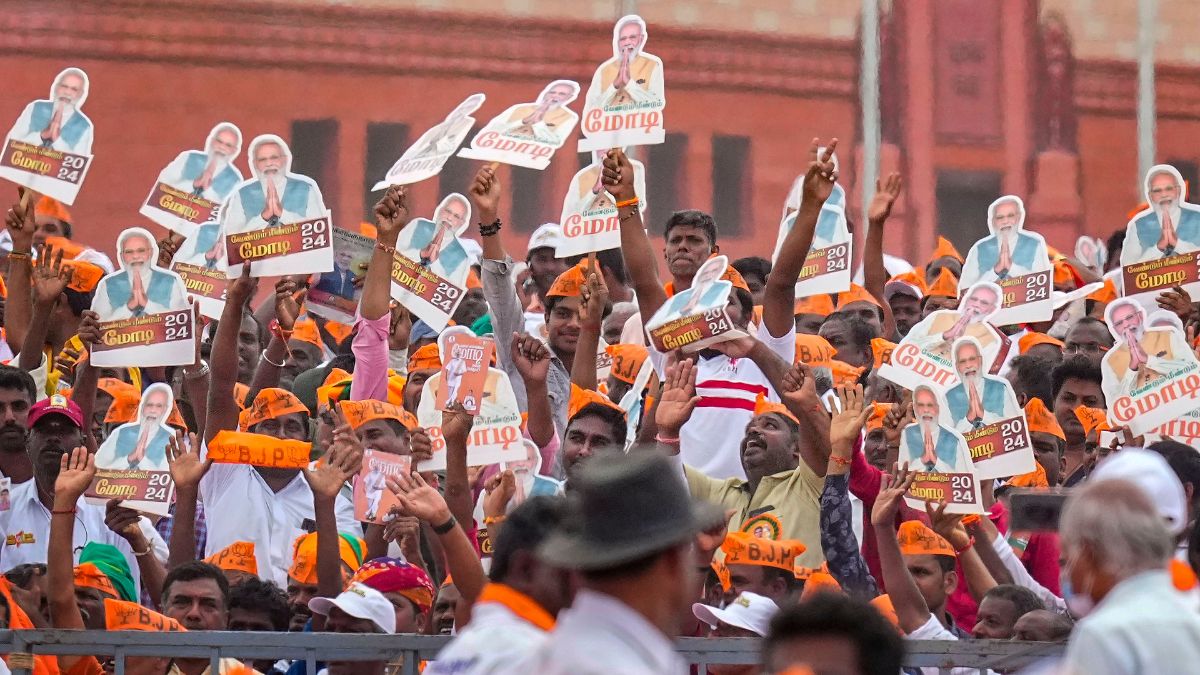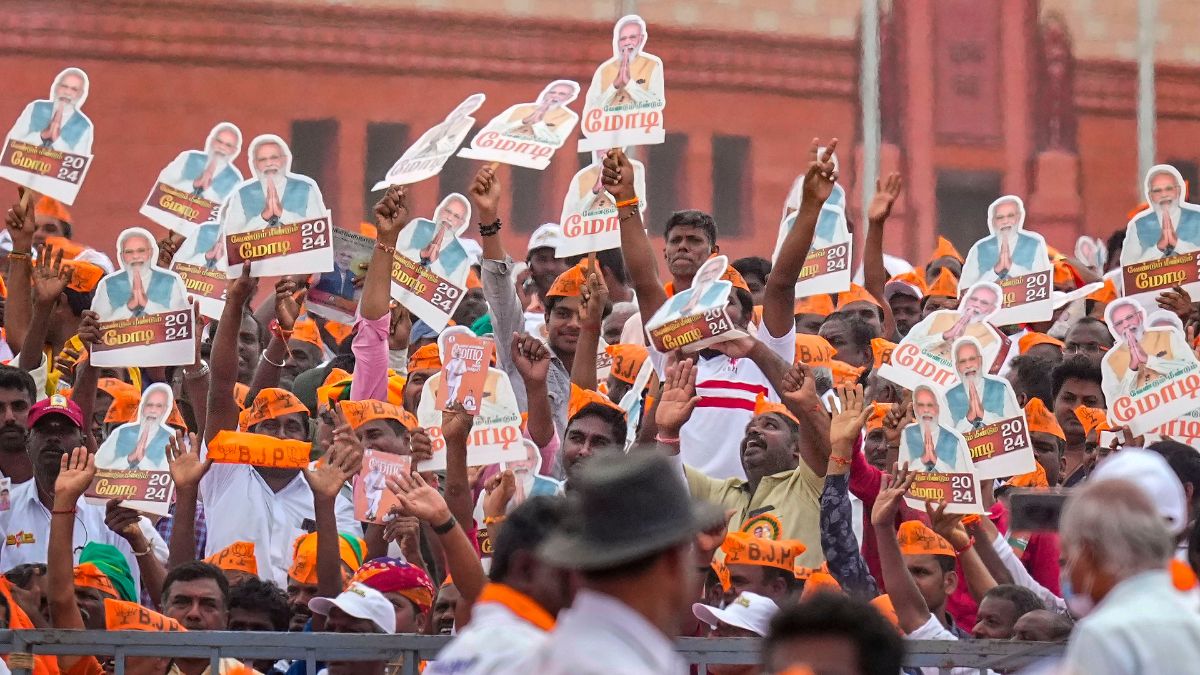The Supreme Court’s decision to strike down Section 66A of the Indian Information Technology Act , 2000, as amended by the UPA in 2008, is one of the most important judicial blows struck in favour of free speech. It should set the stage for a review of Article 19(2) of the constitution itself, since this article restricts the citizen’s right to free speech by prescribing a whole raft of situations in which she can be gagged.
The intellectual parent of section 66A of the IT Act is actually the ill-defined clauses of Article 19(2) (of which more later), which either needs to be scrapped or defined more precisely so that there is less scope for abuse.
Section 66 A, of course, is the right place to begin the free speech fightback. It is one of the most draconian laws in India, especially given its all-purpose wording that enables any law-enforcement authority lock up anyone for alleged verbal offences committed in cyberspace.
The section holds that “Any person who sends, by means of a computer resource or a communication device, (a) any information that is grossly offensive or has menacing character; or (b) any information which he knows to be false, but for the purpose of causing annoyance, inconvenience, danger, obstruction, insult, injury, criminal intimidation, enmity, hatred or ill will, persistently by making use of such computer resource or a communication device, (c) any electronic mail or electronic mail message for the purpose of causing annoyance or inconvenience or to deceive or to mislead the addressee or recipient about the origin of such messages, shall be punishable with imprisonment for a term which may extend to three years and with fine.” (Italics mine)
If merely causing “annoyance or inconvenience” can attract stiff penalties under this section, it means a government can literally put anybody in jail for almost anything. This has happened with two teen girls who had posted something innocuous on Facebook after the death of Bal Thackeray, with a man who tweeted something about P Chidambaram’s son Kart i, with a guy who posted something that Uttar Pradesh minister Azam Khan did not like, and with a Bengal professor who emailed a joke on Mamata Banerjee.
Successive governments – and especially UPA’s Law Minister Kapil Sibal - have argued that the wording of this section is similar to laws in the US, UK and Australia. In a parliament debate in December 2012, Sibal said: “The clause is based on identical UK, US and Australian laws and borrows the ‘exact words’ from them.”
That’s precisely is the nub of the problem. The reality is that strong states with a history of implementing the rule of law and with cast-iron commitments to the freedom of speech know how, when and with whom to apply such stringent provisions. Weak states, like India, tend to misuse strong provisions because we do not have a strong tradition of implementing the rule of law fairly and without political or community bias. A central law, by the time it gets down to implementation by states with varying capacities to implement it, can effectively be subverted to settle private and personal scores.
However, the mere striking down of section 66A of the IT Act is not enough. To uphold free speech in cyberspace and then retain laws circumscribing the same in the physical world – in books, movies or public speeches - makes no sense at all. Freedom cannot be restricted to cyberspace alone.
This means it is time for the courts to take a close look at Jawaharlal Nehru’s prime folly: the curtailment of free speech by the insertion of article 19(2) barely a year after we had adopted the Constitution.
Section 19(2) of the constitution is the mother lode of illiberalism, as it allows the state to impose “reasonable restrictions” on free speech. Many of what one would consider reasonable may be unreasonable to others.
After gloriously announcing in 19 (1) of the statute book that “all citizens shall have the right (a) freedom of speech and expression”, Nehru and Sardar Patel quickly amended it to insert proviso 19(2), which says: “Nothing in sub clause (a) of clause ( 1 ) shall affect the operation of any existing law, or prevent the state from making any law, in so far as such law imposes reasonable restrictions on the exercise of the right conferred by the said sub-clause in the interests of the sovereignty and integrity of India, the security of the state, friendly relations with foreign states, public order, decency or morality or in relation to contempt of court, defamation or incitement to an offence.” (Italics mine).
Note the words in italics. “Reasonable restrictions” on the exercise of free speech and expression have been used to ban books, censor movies and literary works, and arrest people whose views you don’t agree with, since almost anyone who can collect a crowd to oppose something they think is “offensive’ can be seen as a threat to public order. A ban can be justified in almost any circumstance, whether it is work that offends Muslims, Hindus, Christians, or various castes (as was the case with Perumal Murugan’s book that offended the Gounders ).
The reference to banning speech that may offend friendly foreign states can be used to stop anyone from criticising America or even Pakistan. Even contempt of court is not something the government needs to defend. The courts can do so themselves, but any court that uses this restriction frequently is deserving of contempt – for courts are not above criticism themselves in a free country.
Also, one wonders why a Supreme Court that can scrap section 66A was so squeamish about junking section 377 of the Indian Penal Code, which criminalises homosexuality. The court is clearly inconsistent in its defence of fundamental freedoms.
This is the time to scrap not only section 66A, but also reframe the restrictions on free speech under Article 19(2) and the illiberal sections of the IPC. Does the court have the courage to do so?


)




)
)
)
)
)
)
)
)